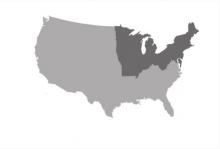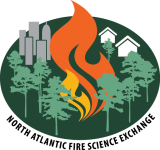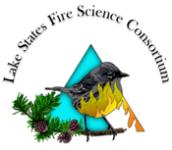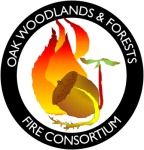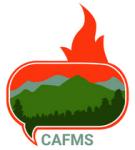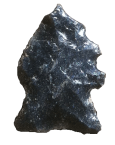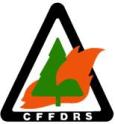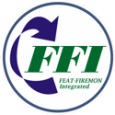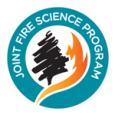The Eastern Fire Portal provides information about fire science and technology relevant to the eastern United States. This 20 state area includes Connecticut, Delaware, Illinois, Indiana, Iowa, Maine, Maryland, Massachusetts, Michigan, Minnesota, Missouri, New Hampshire, New Jersey, New York, Ohio, Pennsylvania, Rhode Island, Vermont, West Virginia, and Wisconsin. The goal is to support resource managers, decision makers, scientists, students, and communities who want access to the results of efforts to understand and manage fire and fuels on lands in the eastern US.
